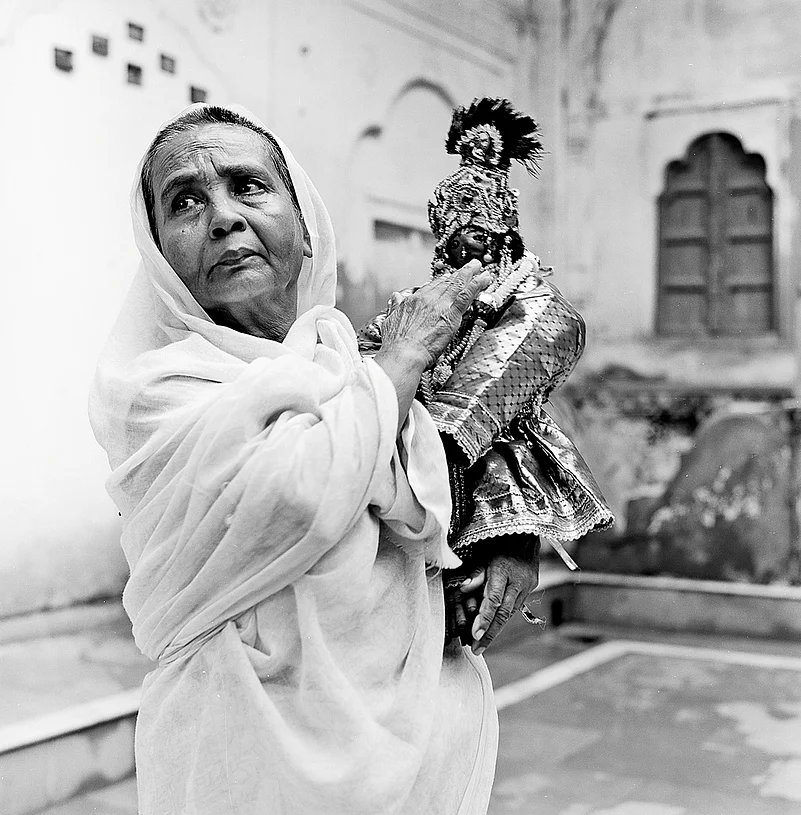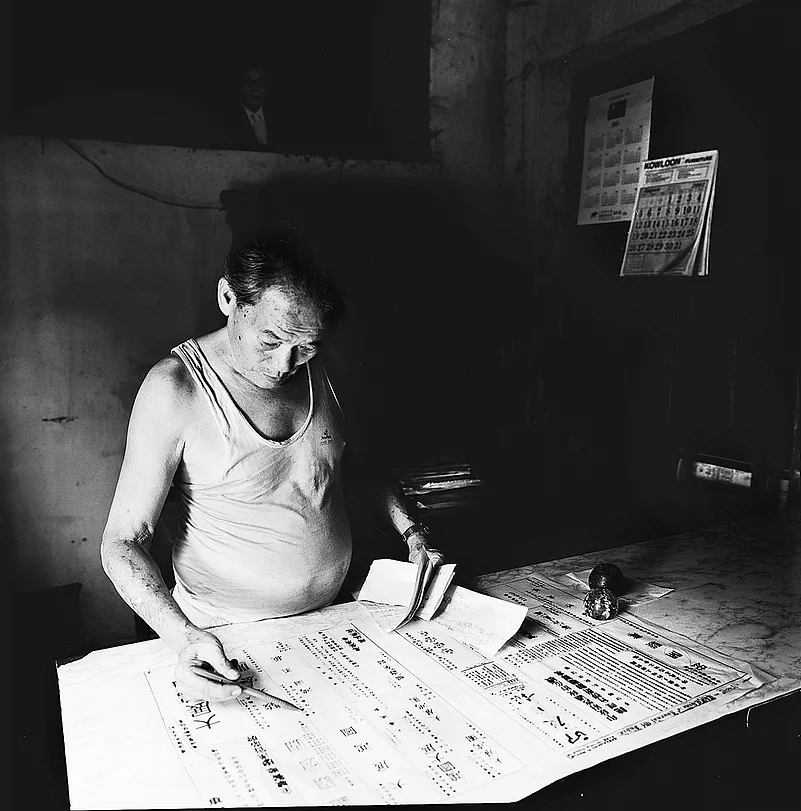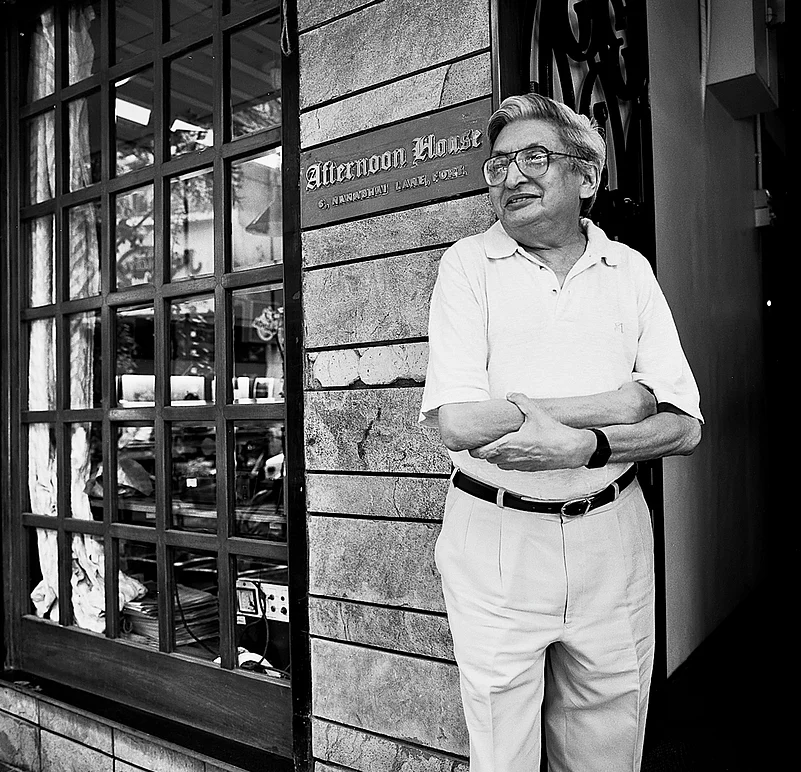Ageless Mind and Spirit: Faces and Voices from the World of India’s Elderly is a book of 400 portraits, part of an ongoing project since the mid-1990s across India. Many of us were fortunate to have lived/grown up in homes with our grandparents. But today’s nuclear families don’t have the time, space, or money to afford extensive joint families. So where do our old end up? Some have the money to survive,? others may have good health, but the critical need in old age is emotional well-being. Having no one around in the autumn of your life is a tough predicament, leading to mental health issues. Once HH Dalai Lama told me that as a society, we help children at every step of growing up, fulfilling all their physical and emotional needs. As adults, we are about unconditional love for the young, but when a person grows old and needs the family the most, why are they ignored? Below are six photographs from the book.
Photo Feature: Ageless Mind And Spirit
Artist and photographer Samar S. Jodha catches in still frames what he calls twilight tenderness

Maneklal Trikamlal Gajjar, wooden blockmaker, born Pethpur, Gujarat, 1928: I learnt block-making from my father and grandfather who were producing designs called ‘saudagiri’. Arab traders took textiles printed from these to Siam (Thailand) during the days of the British. My work has been exhibited at the Victoria & Albert Museum in England, the Peabody Museum in USA and at museums in Japan, Switzerland and other places. I have also spent a month in Belgium showcasing my art. Though I have trained many, no one is thorough in all aspects and I don’t know what will happen to this art once I am gone. I had taught my youngest daughter but she stopped doing it after marriage due to household responsibilities. I have been trying to persuade her husband to learn. The work is very strenuous on the eyes. It is only people’s enthusiastic response that keeps me going. This is an art and not a business.
Maneklal Trikamlal Gajjar, wooden blockmaker, born Pethpur, Gujarat, 1928: I learnt block-making from my father and grandfather who were producing designs called ‘saudagiri’. Arab traders took textiles printed from these to Siam (Thailand) during the days of the British. My work has been exhibited at the Victoria & Albert Museum in England, the Peabody Museum in USA and at museums in Japan, Switzerland and other places. I have also spent a month in Belgium showcasing my art. Though I have trained many, no one is thorough in all aspects and I don’t know what will happen to this art once I am gone. I had taught my youngest daughter but she stopped doing it after marriage due to household responsibilities. I have been trying to persuade her husband to learn. The work is very strenuous on the eyes. It is only people’s enthusiastic response that keeps me going. This is an art and not a business.





(Photography and Text: Samar S. Jodha; Research and editing: Vijay S. Jodha; Foreword by His Holiness the Dalai Lama)
(This appeared in the print edition as "Twilight Tenderness")
Samar S. Jodha?is an artist and photographer
Tags

























